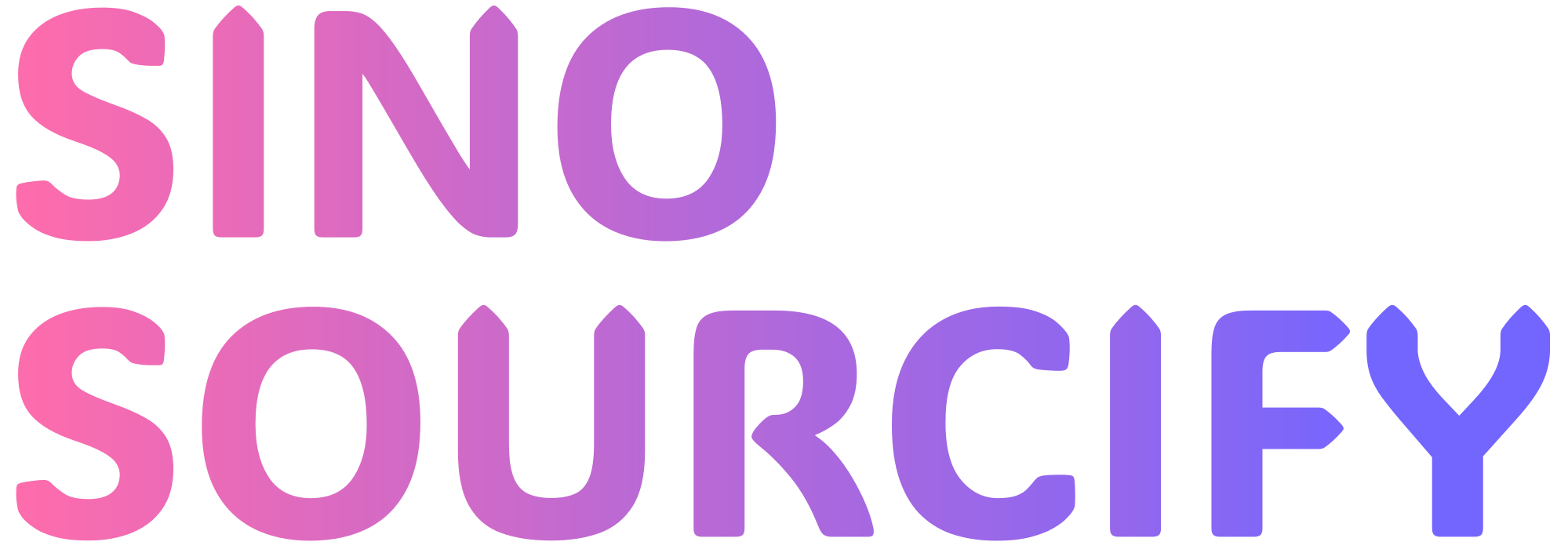In today’s interconnected world, the ability to negotiate across cultures is no longer a luxury—it’s a necessity. Whether you’re closing an international deal, managing a multicultural team, or expanding your business into new markets, understanding the nuances of cultural negotiation can make the difference between success and failure. This is where specialized cultural negotiation training becomes invaluable.
Why Cultural Negotiation Skills Matter
Cultural differences impact every aspect of negotiation, from communication styles and decision-making processes to concepts of time and relationship-building. Research shows that negotiators who understand these cultural dimensions achieve better outcomes and build stronger long-term partnerships. At Long, we’ve seen firsthand how professionals who invest in cultural negotiation training gain a significant competitive advantage in global markets.
The Core Components of Effective Training
Quality cultural negotiation training should address several key areas:
- Cultural awareness and sensitivity
- Non-verbal communication interpretation
- Decision-making style differences
- Conflict resolution approaches
- Building trust across cultures
Common Challenges in Cross-Cultural Negotiations
Even experienced negotiators can stumble when operating in unfamiliar cultural contexts. Some frequent pitfalls include:
Communication style mismatches: Direct versus indirect communication can create misunderstandings. What might be considered clear and efficient in one culture could be perceived as rude in another.
Time perception differences: The concept of time varies significantly across cultures, affecting negotiation timelines and expectations.
How Long’s Approach Stands Out
What sets Long’s cultural negotiation training apart is our evidence-based methodology combined with practical, real-world simulations. Our programs don’t just teach theory—they provide actionable frameworks that professionals can immediately apply in their international dealings. We focus on developing both strategic thinking and cultural intelligence.
Implementing What You Learn
Effective cultural negotiation training should translate directly to improved business outcomes. Here are three ways to apply your new skills:
- Conduct thorough cultural research before negotiations
- Adapt your communication style while maintaining authenticity
- Build in extra time for relationship development when appropriate
As global business continues to expand, the demand for culturally competent negotiators will only grow. Investing in professional training now positions you and your organization for long-term international success.



